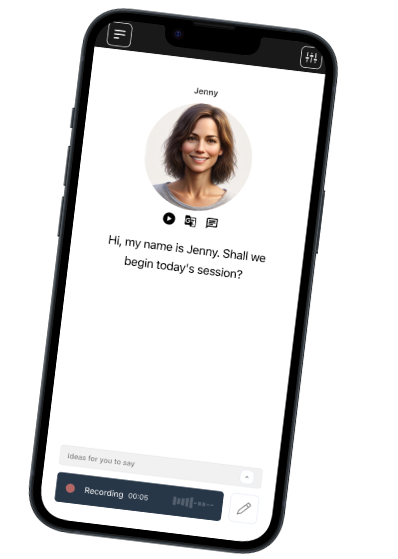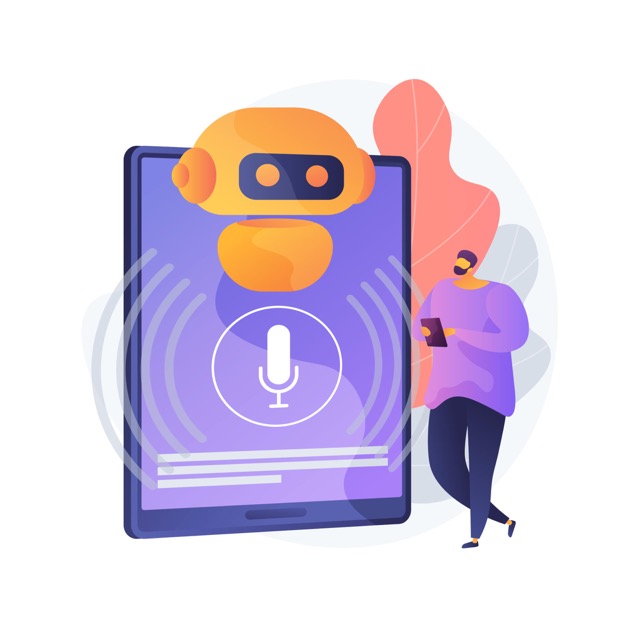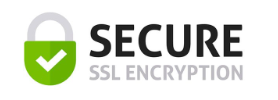Founded in Denmark. We respect your privacy.
Join a worldwide community of language learners
Language or Nationality? The Surprising Ways Identity and Speech Shape Each Other
Last updated on
What comes first—language or identity? While national borders often define where one language is spoken, the real relationship between speech and a sense of belonging runs far deeper. If you’ve ever wondered why Irish people continue to revive Gaelic or why Swiss citizens may fluently switch between French, Italian, and German, you’re not alone. The fascinating interplay between language and nationality shapes how we see ourselves, how others perceive us, and even how languages endure—or fade—across generations.
In this article, we’ll dive into the subtle ways your mother tongue, accent, and dialect anchor you in a cultural landscape. Plus, stick around to the end: there’s a twist about identity that challenges a common assumption you probably hold.
How Language Becomes a Marker of Identity
From the moment we start talking, language draws unseen lines between “us” and “them.” Linguists describe this as linguistic nationalism, where a shared language expresses, defends, and builds national community. The link is so powerful that politicians and nation-builders throughout history have sought to elevate specific languages—sometimes even at the expense of minority tongues, as seen with the promotion of Mandarin in China and the discouragement of regional dialects (Ethnologue).
But identity is hardly uniform. In Belgium, people’s sense of nationality may hinge more on whether they speak French (Walloon) or Dutch (Flemish) than whether they carry a Belgian passport. Similarly, in multilingual Switzerland, linguistic identity regularly trumps regional or even family affiliations—a German-speaking resident of Ticino might feel “Swiss,” but not at all “Italian.” Explore more about the languages of Switzerland for real-life examples.
When Language and Nationality Don’t Align
Here’s where things get interesting: linguistic borders rarely match up neatly with national ones. Look at the varieties of English in Canada—accents and vocabulary reflect regional histories, indigenous influences, and centuries of migration, sometimes more than a strong “Canadian” identity. On the flip side, many Kurds share Kurdish as a mother tongue, yet have no internationally recognized nation to call their own.
In the modern world, movement, migration, and technology allow us to code-switch or mix languages (like “Spanglish” or “TagLish,” the Filipino code-switching phenomenon), pushing people to redefine themselves with blended or hyphenated identities. As research from scholarly journals suggests, bilingualism or multilingualism actually enhances cognitive flexibility and fosters multiple senses of self.
The Power—and Pressure—of Speaking “Like a Native”
The expectation to sound like a native isn’t just about clear communication. It signals belonging and alters how we are judged socially and even professionally. That’s why so many language learners strive not just for grammar accuracy but for local pronunciation, slang, and the intangibles of intonation and rhythm. According to BBC’s language resources, accent and fluency profoundly affect social integration and how authentic—or foreign—someone appears, even within the same nation.
On language learning platforms, this insight has practical consequences. Tools like Talkio let learners practice with a wide range of regional Spanish dialects and real-time voice feedback, aiming to smooth the transition from outsider to insider, no matter where you’re from.
The Big Reveal: Identity is More Fluid Than Most Realize
Here’s the twist: While it’s tempting to think that language cements our identity, research indicates that the process is more reciprocal—and far more flexible. Linguists find that not only does identity shape the way we speak, but the act of learning or adapting a new language can transform our sense of self. Each time you gain fluency in another tongue, you’re not just expanding your vocabulary—you’re also shifting the contours of who you are and how you relate to the world. Far from being fixed, both nationality and linguistic identity can evolve, blend, and adapt—a testament to the resilience and creativity of human communication.
Talk Your Way
to Fluency

Talkio is the ultimate language training app that uses AI technology to help you improve your oral language skills!
Try Talkio


